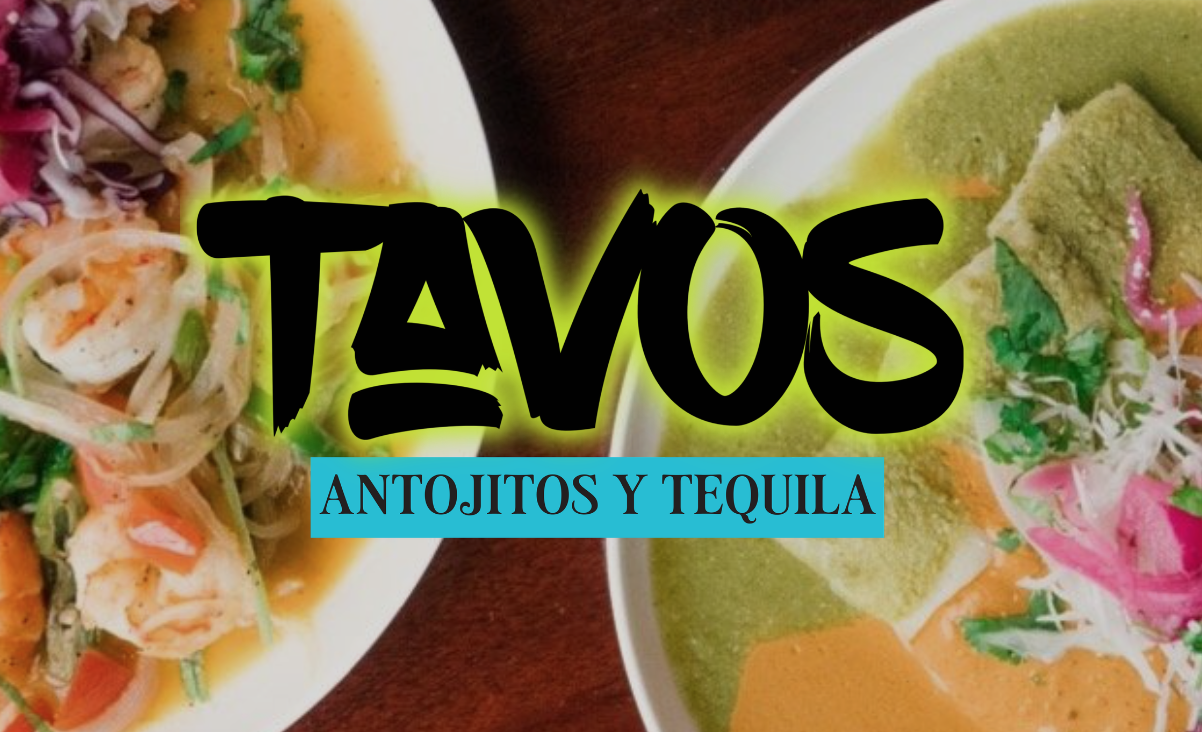Welcome to the Greater Rochester Celiac Support Group
We are dedicated to helping individuals and families in the Greater Rochester community who are affected by gluten-related disorders through education, advocacy, and community support. Whether you are newly diagnosed or a long-time survivor, or a family member or caregiver of those on a gluten-free diet, we are here to help!. We are committed to increasing awareness about gluten-related disorders and supporting our community through various resources and activities.
What We Offer
- Virtual Meetings: Set up virtual meetings for those newly diagnosed to provide immediate support and guidance.
- Events: Events to foster community and provide ongoing education and support.
- Web Resources: Offer a comprehensive collection of online resources to help navigate a gluten-free lifestyle.
- GF-Friendly Restaurant List: Maintain and update a list of gluten-free friendly restaurants in the area.
- Communication Platforms: Utilize email and social media to keep our community informed and connected.
- Kid-Friendly Events: Organize inclusive activities like Trunk-or-Treat and Breakfast with Santa to ensure children with gluten-related disorders don’t feel excluded.
Check out our upcoming events:
Promoting Celiac Health in Rochester, NY
1,000 members strong
The Greater Rochester Celiac Support Group provides guidance to those newly diagnosed with Celiac Disease or Gluten Sensitivity and works to increase awareness about the disease. The volunteer-run organization serves over 1000 members and is a 501(c)(3) non-profit organization.
If you need support in person, we hold monthly meetings for newcomers and monthly social events. If you are looking for resources, we maintain a restaurant list based on feedback from our members. We have a large Google group email list that provides a great deal of support to those looking for advice or wanting to share their gluten free experiences.
Download our flyer: GRCSG_Flyer
Handy if you want to share our group information with anyone!
Subscribe to our Google Group
We maintain an email group where members can ask questions of other members, share new product or restaurant information or celiac news, and the board emails about events and other pertinent information. If you are interested in joining the email group, please fill out the contact form below and we can add you to the list! By signing up for the email list, you agree to the following… Google Group Information
New Additions
to our ever-growing list of Gluten-Free friendly establishments

What is Celiac Disease
Celiac disease (CD) is an autoimmune disease where gluten, a protein found in wheat, rye, and barley, causes the body’s immune system to attack the lining of the small intestine.
What are the symptoms?
Celiac Disease presents itself in many ways. Symptoms include but are not limited to:
- Diarrhea or constipation
- Weight loss
- Abdominal pain
- Vomiting
- Bloating and distension
- Anorexia
- Anemia
- Skin rash (dermatitis herpetiformis)
- Short stature
- Delayed puberty
- Infertility
- Miscarriages
- Osteoporosis
- Vitamin deficiencies
- Fatigue
- Depression and anxiety
How common is it?
1 in 133 Americans according to a recent study by the Center for Celiac Research at the University of Maryland. That amounts to nearly 3-million people in the United States, most of whom are undiagnosed.
How is it diagnosed?
Good blood tests are now available including IgA antihuman tissue transglutaminase (TTG) and IgA endomysial antibody immunofluorescence (EMA). The NIH Consensus Conference on Celiac Disease recommended serologic testing as the first step in diagnosis with biopsy of the small intestine indicated if the blood tests are positive. Testing must be done while the patient is on a gluten-containing diet.
97% of people with celiac disease have the genetic markers HLA DQ2 and/or DQ8 compared to 40% of the general population who have these markers so an individual without these markers is unlikely to have celiac disease.
How is it treated?
Life-long adherance to a gluten-free diet






